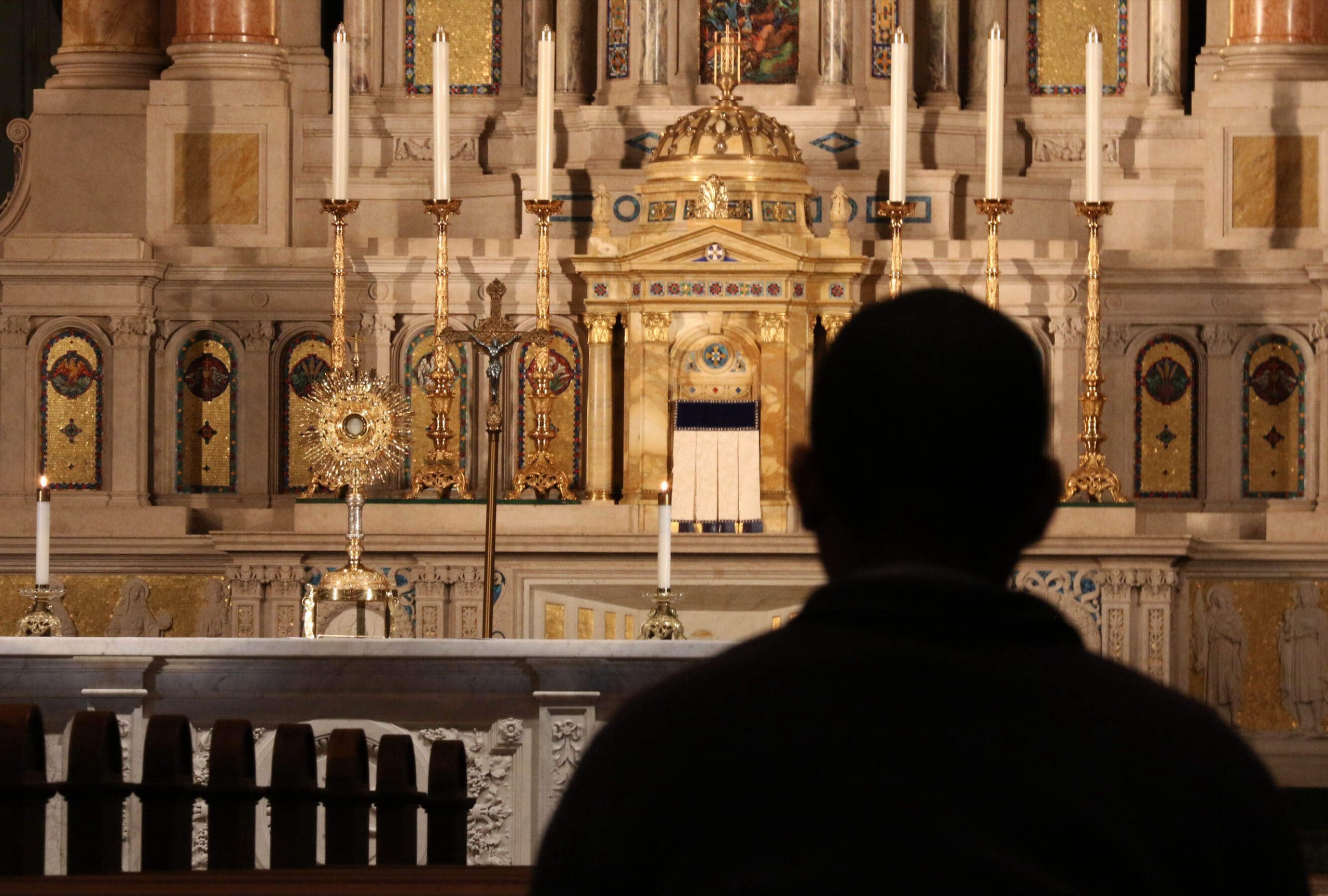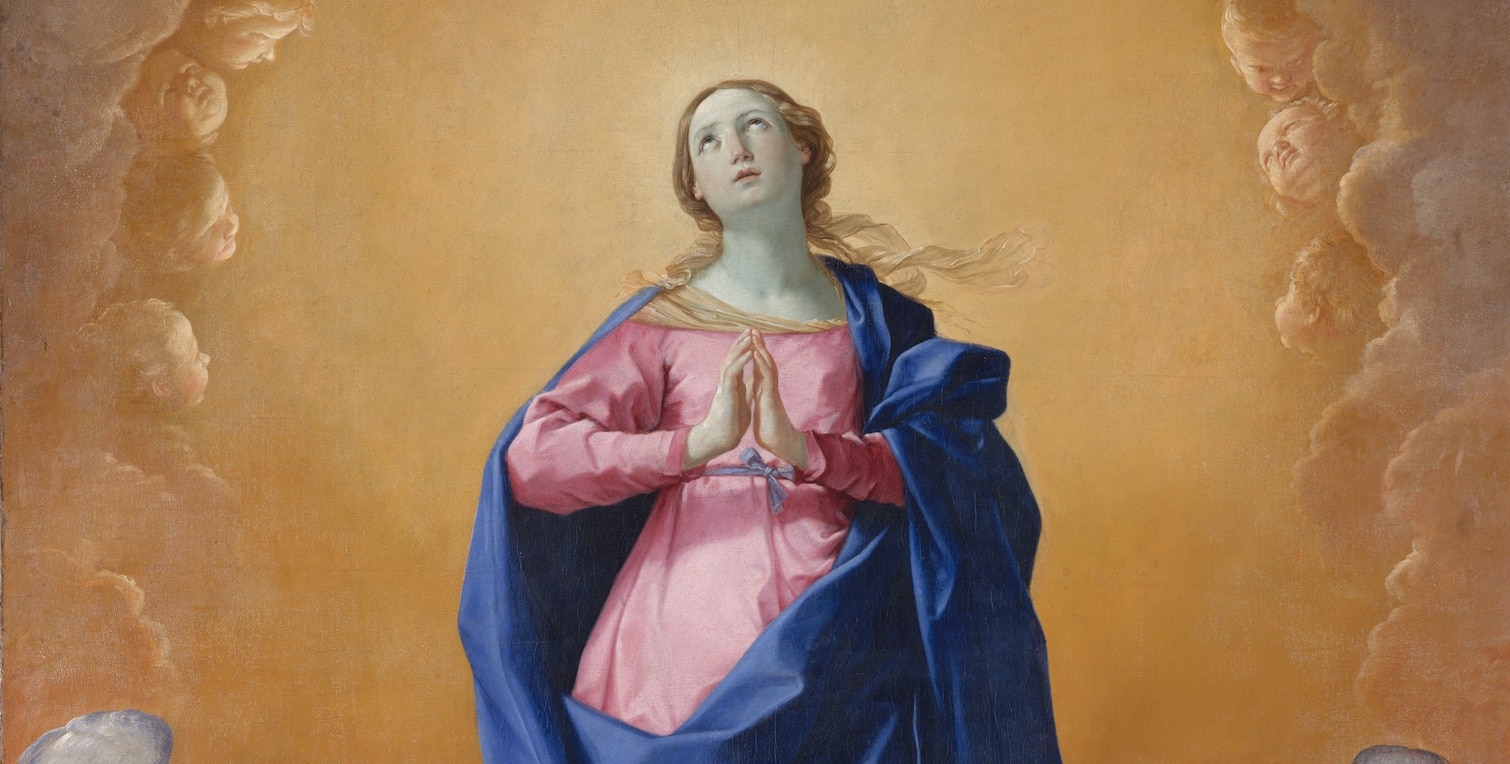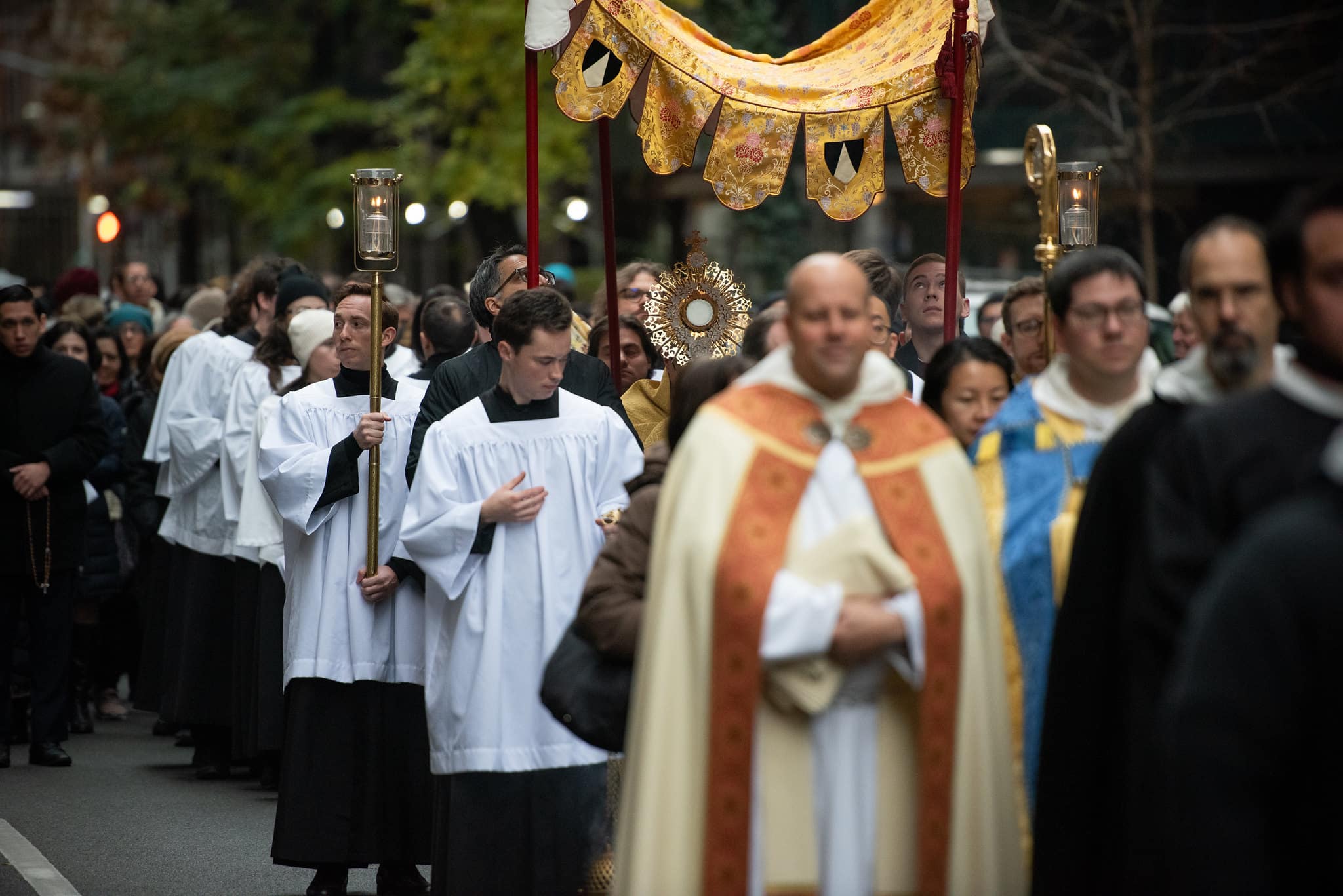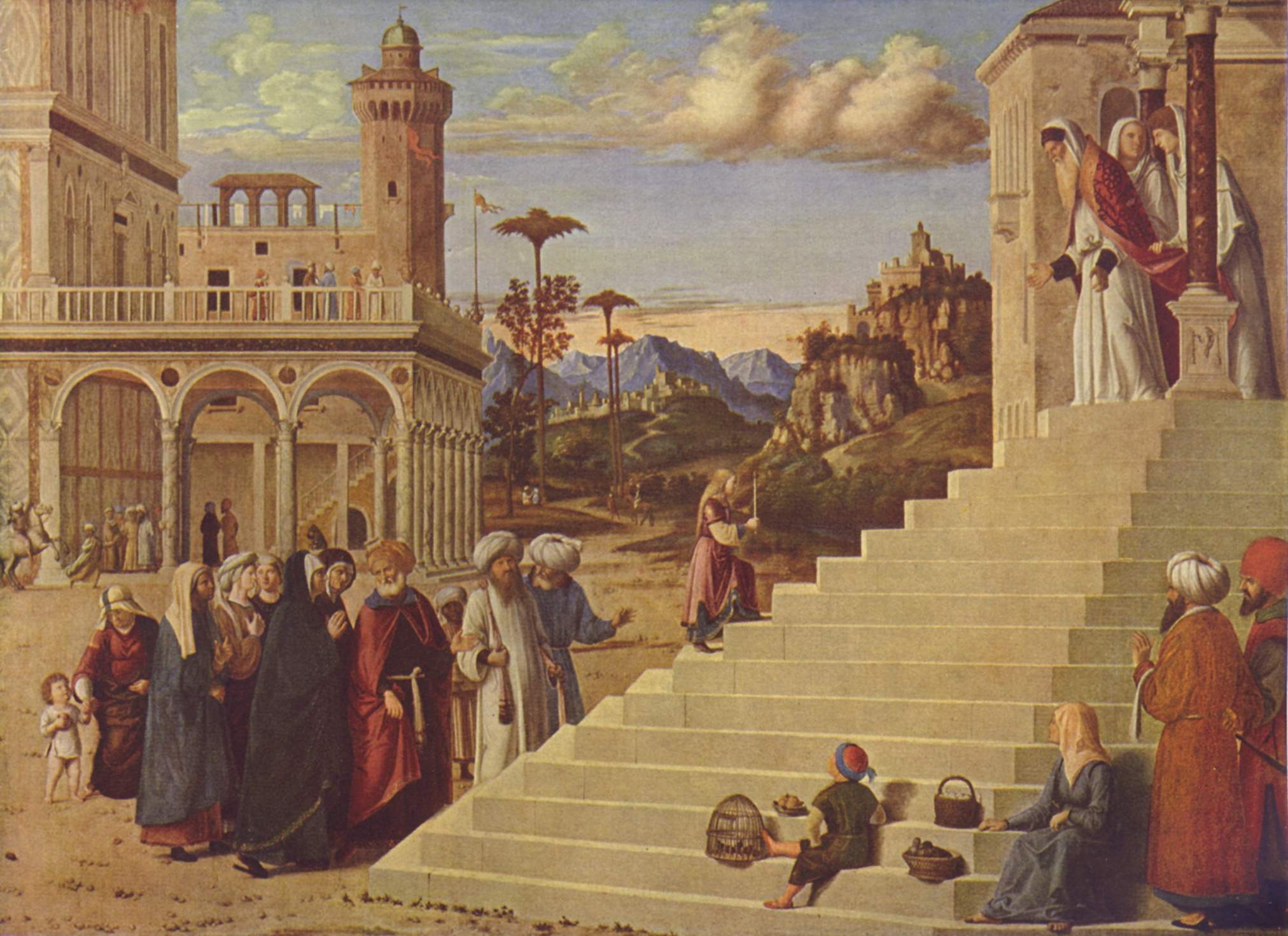
Photo by Fr. Lawrence Lew, O.P.
 Are You a Eucharistic Soul?
Are You a Eucharistic Soul?
By Br. Raphael Arteaga, O.P.
This essay previously appeared in Dominicana and is reprinted with permission.
Diversity is baked into reality. Rocks, plants, and animals adorn the world in a vast array of species. The existence of many things and many kinds of things displays the manifold and infinite perfections of the Creator. Just as this diversity exists in nature, so it exists in the order of the supernatural, that is, in the order of grace. Saint Paul teaches this point in his letter to the Ephesians:
But grace was given to each of us according to the measure of Christ’s gift…and his gifts were that some should be apostles, some prophets, some evangelists, some pastors and teachers, to equip the saints for the work of ministry, for building up the body of Christ, until we all attain to the unity of the faith and of the knowledge of the Son of God, to mature manhood, to the measure of the stature of the fulness of Christ. (Eph 4:7,11-13)
One particular grace that God gives to souls is a special love for the Eucharist. This special love goes beyond the ordinary love for the Blessed Sacrament to which God calls every Christian. This love is an extraordinary kind of love—a desire to be with Jesus, that is, to abide in his Presence and to share the thoughts and secrets of the heart, as one friend to another. Before he instituted the sacrament of his Presence under the veil of bread and wine, the Son of God first called men and women to intimate friendship with Himself as the Word made flesh.
One such recipient of this special love is Saint John, the beloved disciple. Jesus called John to a special vocation, the vocation to console his Sacred Heart with his friendship. The youngest of the apostles, John understood Jesus and consoled him with his loyal presence, faith, and confidence. It was John who rested his head close to the breast of Christ at the Last Supper, closely listening to his beloved teacher and friend. It was John who, when all the rest of the apostles had abandoned Jesus, remained with his friend at the Cross, offering his silent looks of faith, love, and trust. And it was this beloved friend of the Lord who, when unable to haul the miraculous catch of fish into the boat with Peter, recognized the resurrected Jesus on the shore of the Sea of Tiberias saying, “It is the Lord!” (John 21:7). This grace of intimate friendship between John and Jesus knew no bounds, such that when Jesus ascended to the Father and no longer could be seen in the flesh, John undoubtedly continued to keep company with His Lord and God, hidden now under the appearances of bread and wine.
Jesus continues to give this same grace of intimate friendship today. He calls all souls to Himself, but there are some to whom Jesus offers the grace to be his close friends, much like Saint John. These close friends are those who feel drawn to keep company with Jesus, to abide in his presence, to console him with their friendship. These friends go to the Eucharist, the sacrament of Christ’s presence. They go to the Eucharist to find their master, their teacher, their Lord, their friend. There, these friends keep Jesus company, silently loving him. Perhaps we can call these close friends of Jesus “Eucharistic souls.” They are men and women in the Church of every time, kind, and place. Their value to the Church comes not from the diversity of their circumstances, but rather from the measure of Christ’s gift to them for the building up of the body of Christ.
✠






